Jonathan Hood – #GETAFTERIT
City Life Magazine sits down with former CFLer and motivational speaker Jonathan Hood to talk life, work and how to get ahead of the game.
Q. How do you encourage positive growth in children through your Ahead of the Game youth mentorship program?
I think the biggest thing is communication. I think people are sometimes afraid to say how they feel and they shouldn’t be. And if you can get someone to be confident, they’ll be able to say things like, “Hey, my feelings matter. My opinion matters.”
We spend an average of 75, probably 90 minutes a week, with kids in school groups and it makes a world of difference. Just to have someone there to ask, “Oh, hey, how was your mark in English? Have you been studying?” — it changes the game. It changes our lives. It changes expectations because it’s something that they can expect. They know we’re going to be there every Tuesday at this time; they know that three weeks ago, we wrote down our goals. So I’m going to ask them:
“How’s that goal coming along?” “What did you do today for that goal?” So you know, there’s accountability and support.
Q. What did football and your time playing defensive back for the Toronto Argonauts teach you about life and discipline?
Football is unique because you suffer together. When you suffer with someone and you make it through, you create a bond that makes you pretty inseparable. So in football you’re physically suffering because you’re pounding on each other; you’re mentally going through struggle because you’ve got to remember plays, you know, your pride’s always in question, are you doing the right thing? Similar to life, everybody has a different role, and depending on your role there’s responsibility. It may not be so immediate in life but in football, if one person does something really small wrong, it can mess up everything. So now what do you do, if you’re the one who messed up? And that happens in life, we mess up every day. In football we have this thing called “next play.” Think of the next play, because if you live in the past, you’re going to be always thinking you’re a failure. Next play, next play, next play.
Q. You count Michael “Pinball” Clemons as one of your mentors. Tell me about the first conversation you had with him.
One of the things he talked about was power. He’s big on loving people and using your power the right way. He talked about football as not being life, but how loving people is life. You may play football for a season, maybe you would have coached, you may even have a career in football for the rest of your life, but that’s not your life. It is a part of your life. But people are life. Right? So he was talking about how we can use our influence and how we can use our position for others.
Q. Is there a particular piece of advice that your father gave you that affected you in a big way?
As a child he would make me do all these things. I’d be like, “Dad, I want a basketball.” And he would say, “Wash my car.” I’m like, “Dad, I want this!” And he would say, “Go fix the door.” He was actually saying those things to show me that you can have anything you want if you work for it. Anything. If I want something now I don’t feel like I can’t have it. Instead, I ask myself: what am I going to have to sacrifice? How many hours am I going to have to work? How much time, whether it’s in the gym or on the field, do I have to put in, or how many speaking engagements do I have to do to get it? So I work hard. The other thing my dad taught me was to never throw a pity party, to “always be appreciative of what you have.” When things don’t go your way you can be like, “aw, man, this sucks,” or you can just be thankful for what you have. I wake up every day and think: “it’s a great day to have a good day” — that’s my energy, that’s my motto.
Q. What’s up next for you?
I have 10 books in me but here’s the thing: my writing is just to help people. The one thing that’s dear to me right now is building leaders. As children, we are sometimes discouraged from making decisions and doing things on our own. And when you put a lid on people you kill their confidence and then they’re not empowered to make their own decisions. I want to write a bunch of books and just feed people. And if you could take one thing from it that would help you, then I will have accomplished a goal.
Q. What are some things you like to do for fun?
I started this thing in November where I make it a priority to do something for at least two hours a week while I put my phone somewhere. I leave my phone in the car and then just do that thing and become fully engaged in it. And that thing thus far has been dancing and sometimes I go rock climbing, which is phenomenal. I’ve been kind of trying to do things I was afraid of so that I would get over my fears.
Q. What are you afraid of?
I used to be afraid of heights. We used to drive over bridges and I’d like, sweat and so I said, “Okay, I’m going to look at the water and I’m going to imagine the worst thing happening. And if it doesn’t happen, then we’re safe.” Then I went skydiving and that just kind of threw it over the top. But still, when I rock climb, I get this nervousness. And the nervousness, it hurts your problem-solving skills, right? It stifles them for a moment.
Q. It paralyzes you?
It paralyzes, yeah! I went rock climbing last week and I was in a situation where I couldn’t grab the rocks. I was tired at this point so I was like you know, I’m just going to wedge myself in between and that was the move that you’re supposed to do! So once you stop really thinking about it, once you get out of your own head, you just let it go, and that’s when the art takes place and you forget where you are, you forget what time it is, you forget to eat, like, you’re in the zone. Right? It’s the same thing with writing. So I like to do things that bring out my inner kid. I don’t usually like sitting in a movie theatre.
Q. How was your educational experience at St. Francis Xavier University — a school praised for prestigious alumni that includes former Prime Minister Brian Mulroney?
StFX is much different than any other university. Marks wise it was hard, but I played football on a scholarship. The reason why it’s so good is because it’s secluded and it’s small — there are about 4,000 to 5,000 students. So you get really tight with faculty. And I still have friends from there, too. I spoke there last year at a conference and I saw a bunch of old professors so we hung out and had lobster. I then did my master [of kinesiology/sports psychology] at Western University and I had a football scholarship there too. So I was fortunate to get paid to go to school.
Q. How do you relate to the young adults you motivate through your program?
I just came from another school where we were having a discussion with a group of kids in Grade 12. We asked them: what would you tell your Grade 9 self? And they would say, don’t leave class as much. And I was like that too, and I think it’s because we have so much energy. It’s a time when your hormones are kicking and you can’t sit still. And in my case I didn’t have an outlet for that energy so I ended up switching schools as a kid. I was getting in a lot of trouble so my mom tried to find me a home at another school and they would say, “We don’t want you here.” I ended up at a Catholic school [Father Michael Goetz Catholic Secondary School in Mississauga]. My mom bought me the uniform and we went. The guidance councillor was like you know we’d love to have him but we’re full. So then she said, okay, I understand. He went to shake her hand and she just sat there. And I said, “I don’t think she’s leaving until I’m in class.” So they let me in. And I had coaches, teachers, guidance councillors, and chaplains — people who actually cared about me. And then I started playing football so I had an outlet for that energy. And the culture at that school — it was just mentorship from every direction.
www.jonathanhood.ca / @jhood41
PHOTOS BY FARZAM HOSSEINDOUST
Hair and Makeup by Karima Sumar using Mac Cosmetics/Judy Inc. / WARDROBE STYLING BY ASHLEY GALANG
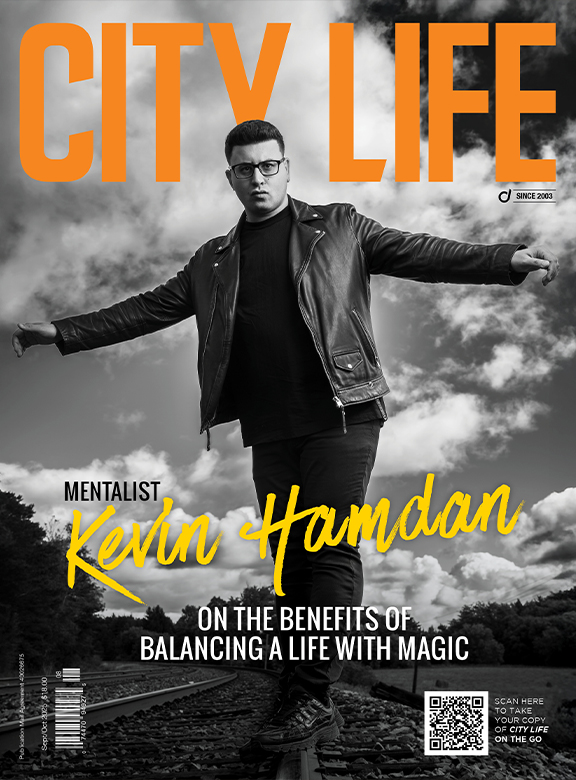
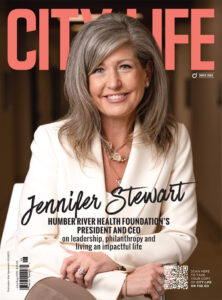








































































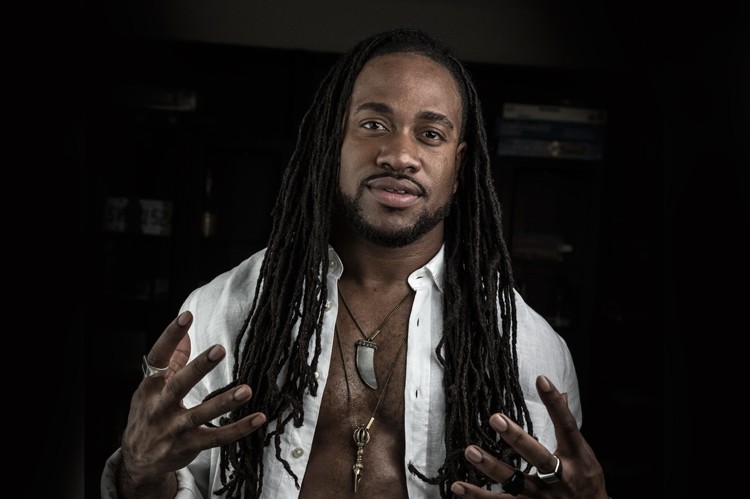
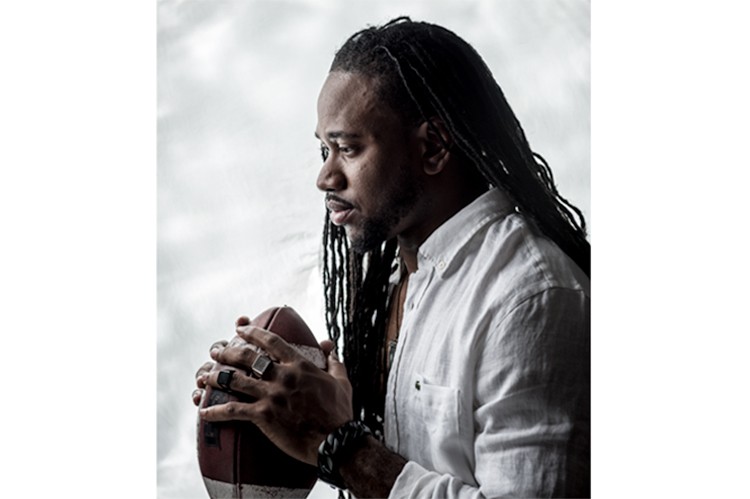
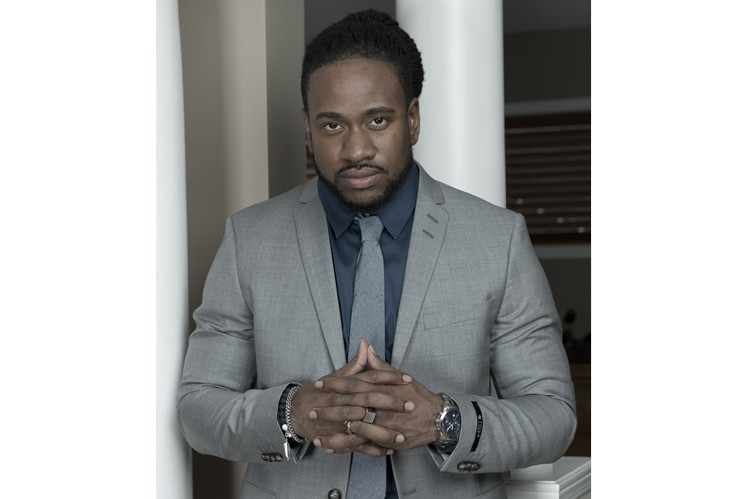
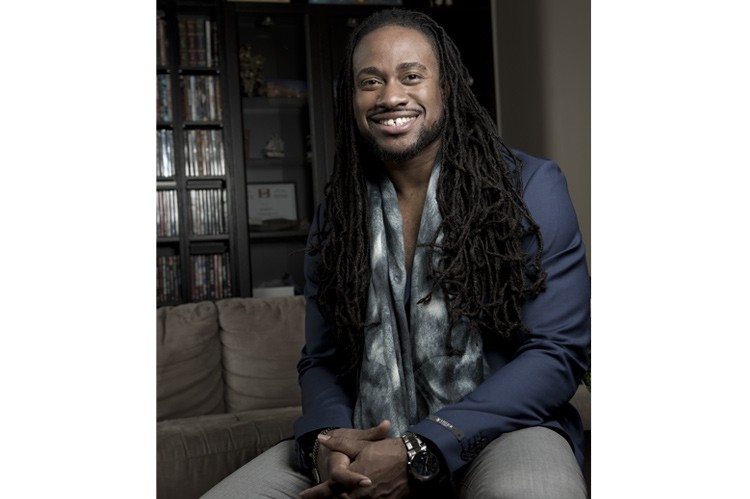
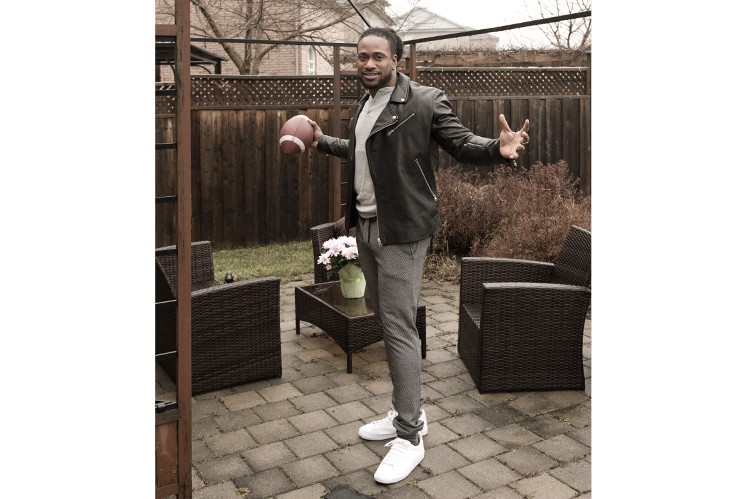
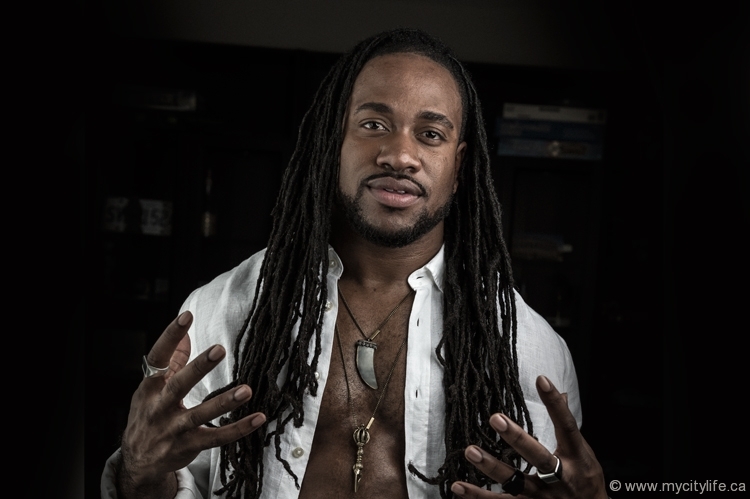


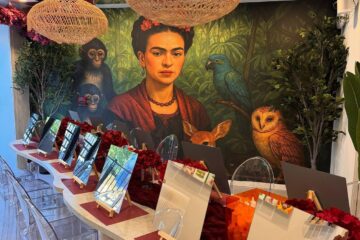
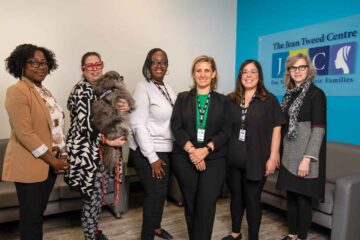
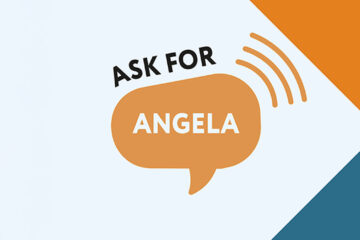
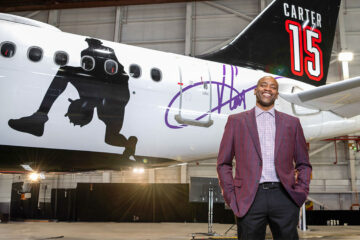
No Comment